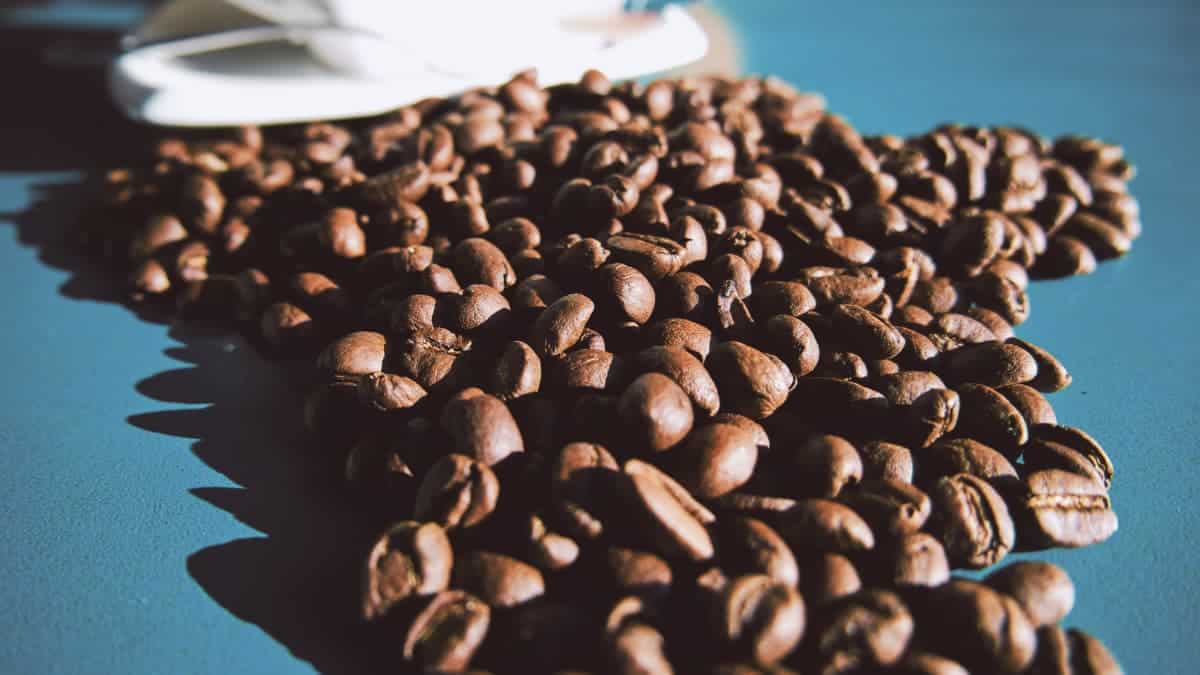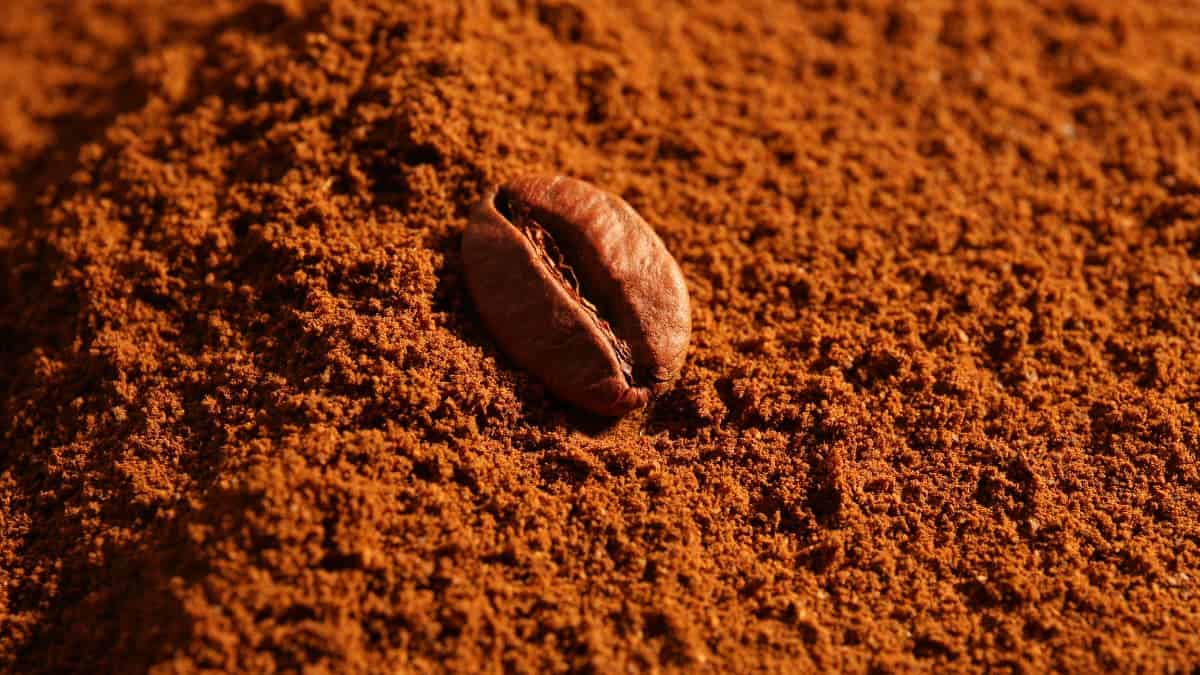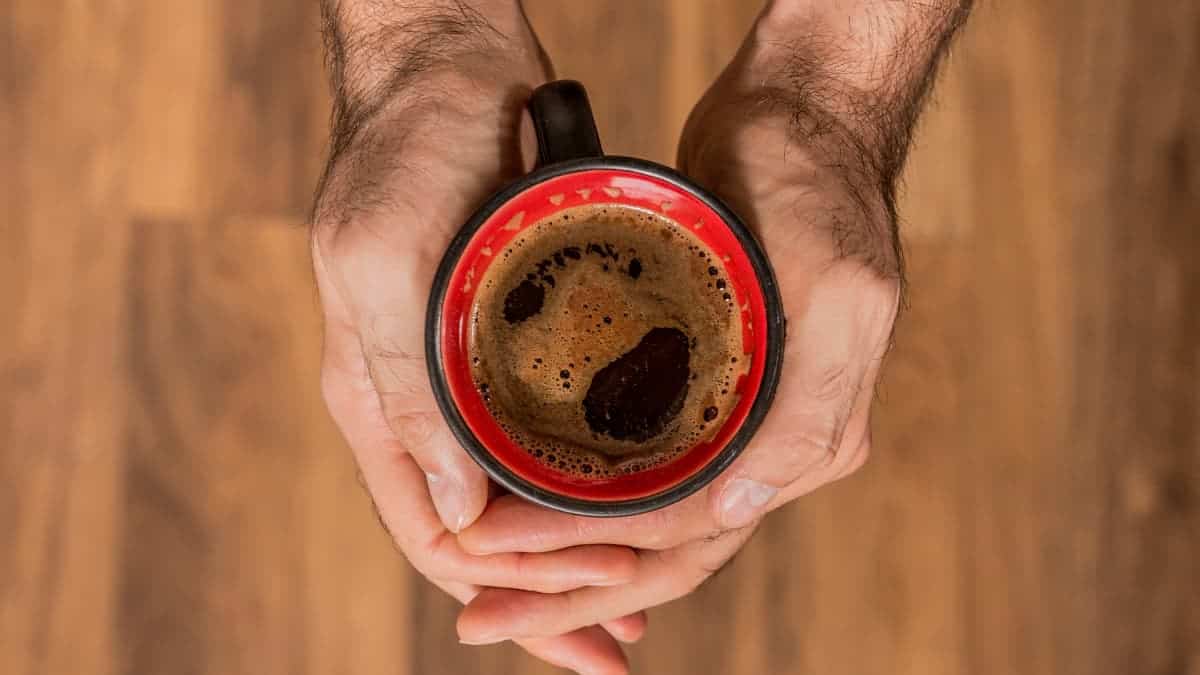How Long Does It Take for Caffeine to Kick In?
If you’ve rolled out of bed on a Monday and immediately reached for the coffee pot, you’re not alone.
I’ve often slurped down a pot of coffee and prayed that the caffeine would kick in soon.
Unfortunately, sometimes I find myself waiting for an hour, still rubbing the sleep from my eyes. So, what gives?
If you’re on the hunt to figure out how long it takes for caffeine to kick in, this guide is for you. I’ve dug through government sites, a bunch of data analysis and research studies to create the ultimate guide.

Key Takeaways
- It takes at least 20 minutes to an hour before caffeine kicks in.
- Coffee’s half-life affects how long you feel the effects of caffeine.
- Metabolism, dosage, and stomach contents affect how fast you absorb caffeine.
Coffee Half-Life
A big part of understanding caffeine content is understanding something called half-lives.
No, this has nothing to do with video games.
Drug half-life refers to the amount of time it takes your body to process half of the substance.
The caffeine you consume in coffee or other beverages has a half-life of about five hours.
So, if you’ve ever downed a cup of coffee around midday only to find you can’t sleep at night, there’s a reason for that. Half of the caffeine you consumed earlier in the day is still working its effects on your system!
Let me try to make it simpler with an example.
Say you drink coffee at four in the afternoon. That cup of coffee contains roughly 100 mg. Half the caffeine is still in your bloodstream five hours later. In other words, there’s still 50 mg of caffeine keeping you awake at nine p.m.
Basically, it’s like having half a cup of coffee right before trying to go to sleep!
So, when thinking about how long it takes coffee to kick in, make sure you’ve got half-lives in mind. Otherwise, you might be in for some sleepless nights.

Caffeine Absorption: Influencing Factors
Caffeine will take effect somewhere between 20 minutes and an hour after consumption. That’s a pretty big range!
Several different factors influence how fast a body absorbs caffeine. So no two people will experience the effect of coffee in the exact same way.
Let’s take a closer look at the three main factors: metabolism, stomach contents, and dosage.
Metabolism
The liver is the main character when it comes to coffee metabolism. It’s where your body processes and breaks down caffeine.
If your liver is slower, it might take an hour or two before you feel the effects of coffee.
But if you have a faster liver metabolism, you might feel the coffee effect in as little as 15 to 20 minutes.
So, what affects how fast or slow your liver works?
Quite a few things! These factors include:
- Sex assigned at birth
- Genetics
- Diseases
- Certain medications
- Diet
- Smoking habits
Liver metabolism rates vary from person to person. That means you might experience coffee jitters sooner (or longer) than your friend. Even if you don’t drink more caffeine.
Stomach Contents
If you like to start your day with nothing but black coffee, you’ll probably notice that caffeine kicks in fast.
Why? Caffeine enters your bloodstream more quickly when your stomach is empty.
But drinking coffee on an empty stomach might not be the healthiest option. According to Harvard Health, doing so can cause nausea, anxiety, and jitters.
Drinking coffee on an empty stomach also increases the likelihood of caffeine tolerance. If you develop this tolerance, you will have to consume a greater amount of caffeine to feel its effects.
To slow down caffeine absorption, drink coffee on a full stomach. Eating fiber-rich food will especially help you experience less caffeine effects.

Dosage
Finally, the amount of caffeine you consume can affect its absorption.
The more coffee you drink, the faster your body will absorb it. But remember, it will also stay in your system longer.
The FDA recommends that healthy adults keep their daily caffeine intake under 400 mg. That’s around four cups of brewed coffee.
Drinking too much coffee most likely won’t kill you. But it can cause several unpleasant side effects:
- Nervousness
- Insomnia
- Muscle tremors
- Irritability
- Frequent urination
I’m a former barista, and even I find it tricky to determine caffeine dosage. That’s because several factors influence the amount of caffeine in coffee.
The brew method you use to make your coffee will affect the caffeine levels in your cup.
For instance, an 8 oz drip coffee contains about 95 mg of caffeine. A single shot of espresso contains about 65 mg. So, you may feel more jittery after having a cup of brewed coffee than after a single espresso.
Roast profile and bean type will also make a difference. Lighter roasts have more caffeine than darker roasts. And Robusta beans contain more caffeine than Arabica beans.
When calculating coffee caffeine content, you also need to consider drink size. Espresso has a more concentrated caffeine content. But we tend to drink brewed coffee in larger volumes.
A latte containing a single shot of espresso might contain roughly 65 mg of caffeine. But if you add another shot, you bump that number to 130 mg. In this case, the latte would caffeinate you more than a small drip coffee.
Determining the best coffee dosage for yourself takes time. If you’re new to drinking coffee, sip slowly to avoid overdoing it!

Wrapping Up: How Long Does Caffeine Take To Work?
So, how long does caffeine take to work?
Coffee will generally kick in somewhere between 20 minutes and an hour. (The exact time depends on body type and other personal factors.)
From there, coffee has a half-life of about five hours. So you’ll be feeling the effects for quite some time!
First thing in the morning, you might want to pour a second cup minutes after downing the first. But that coffee could stay in your system much longer than you intend.
Have a bit of patience and enjoy your drink. If you do, I’d wager that the coffee will start working its magic in no time.
Frequently Asked Questions
Is 200 MG of Caffeine a Lot?
Most healthy adults can consume 200 mg of caffeine without severe side effects. The FDA recommends a daily intake of no greater than 400 mg of caffeine. That’s around two to four cups of coffee per day.
How Long for Caffeine Pill To Kick In?
Caffeine pills take about an hour for the bloodstream to process them. So wait a bit before popping another pill. Most caffeine pills contain 100-200mg — up to half the daily recommendation.

